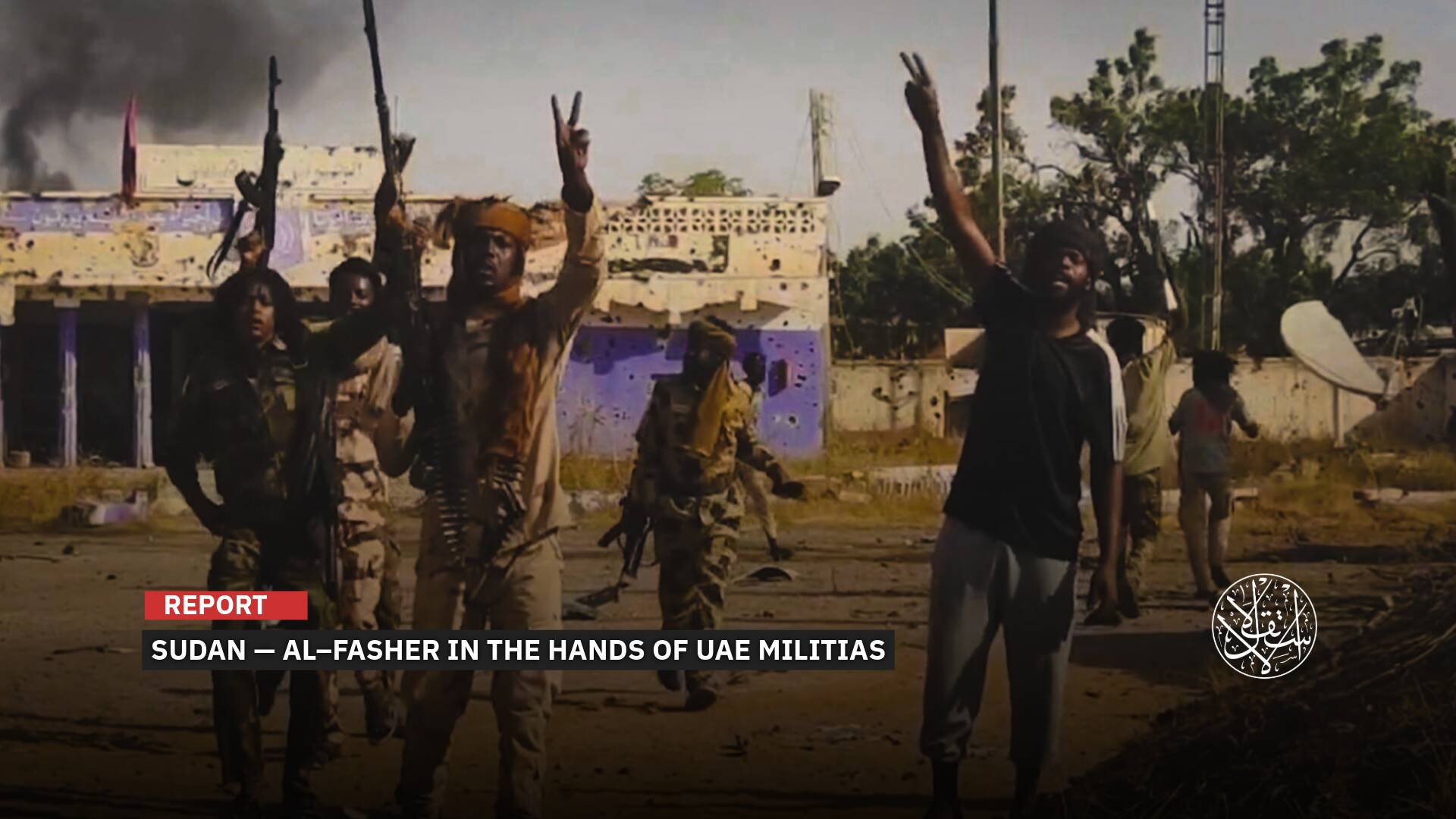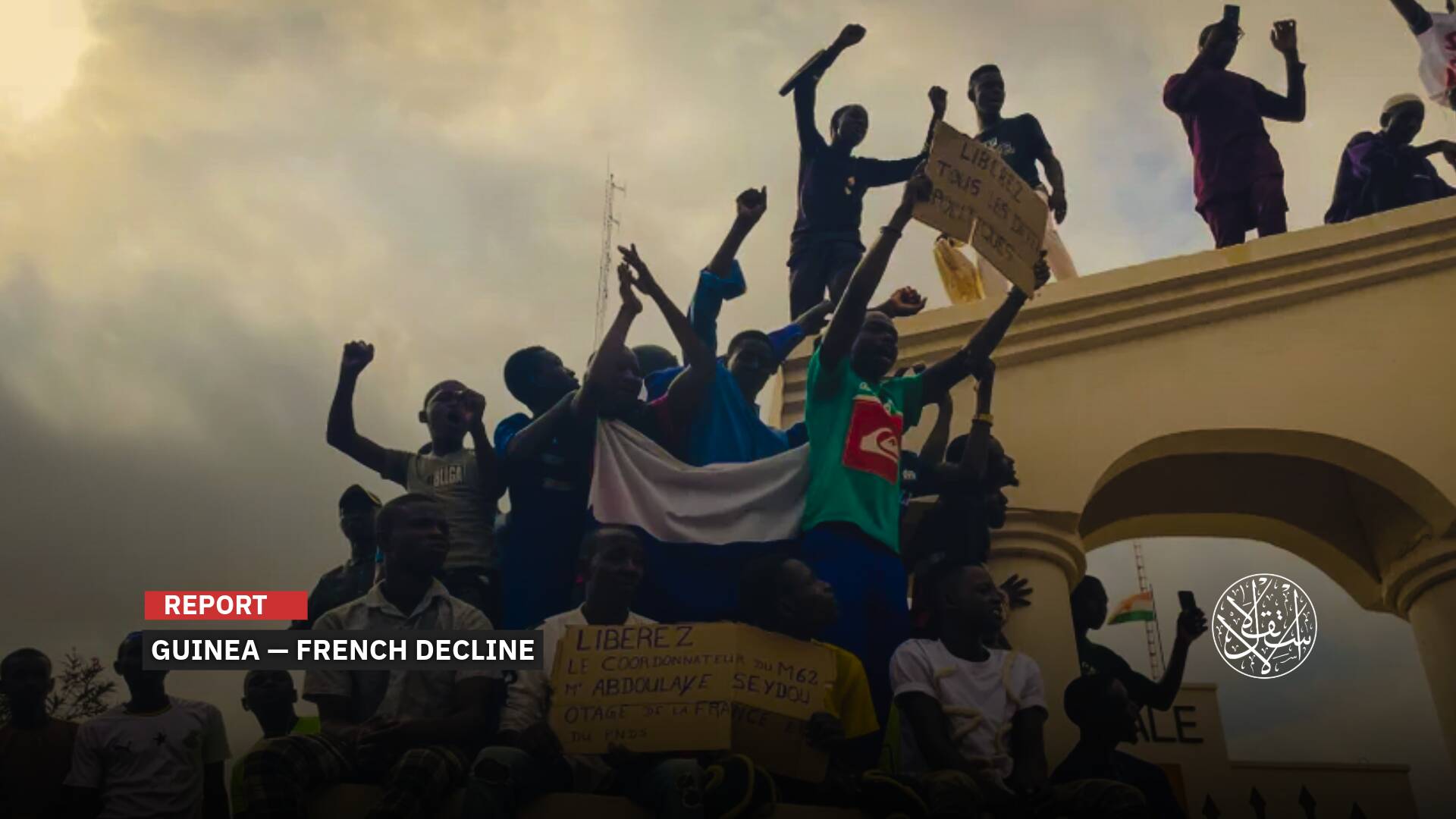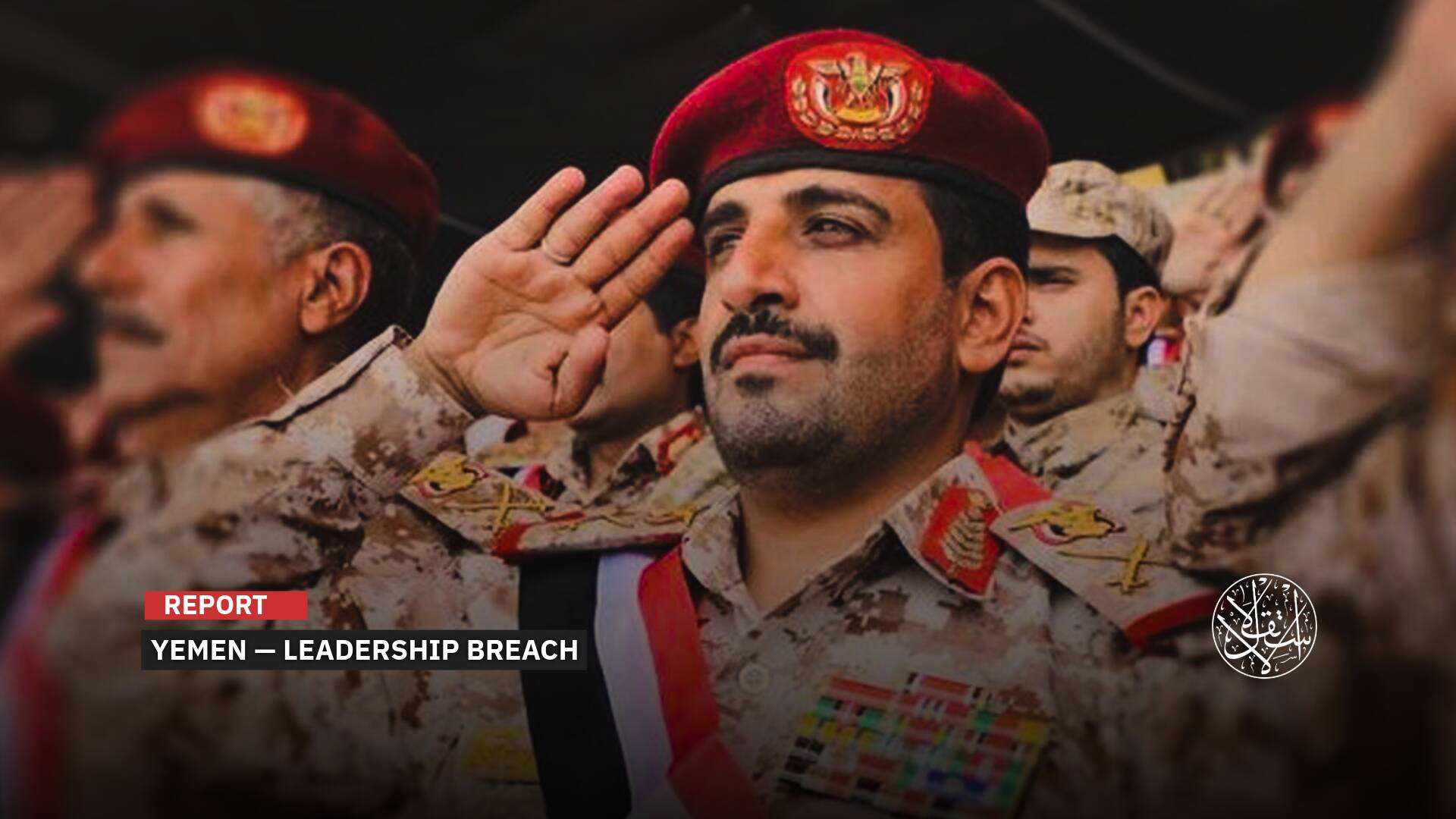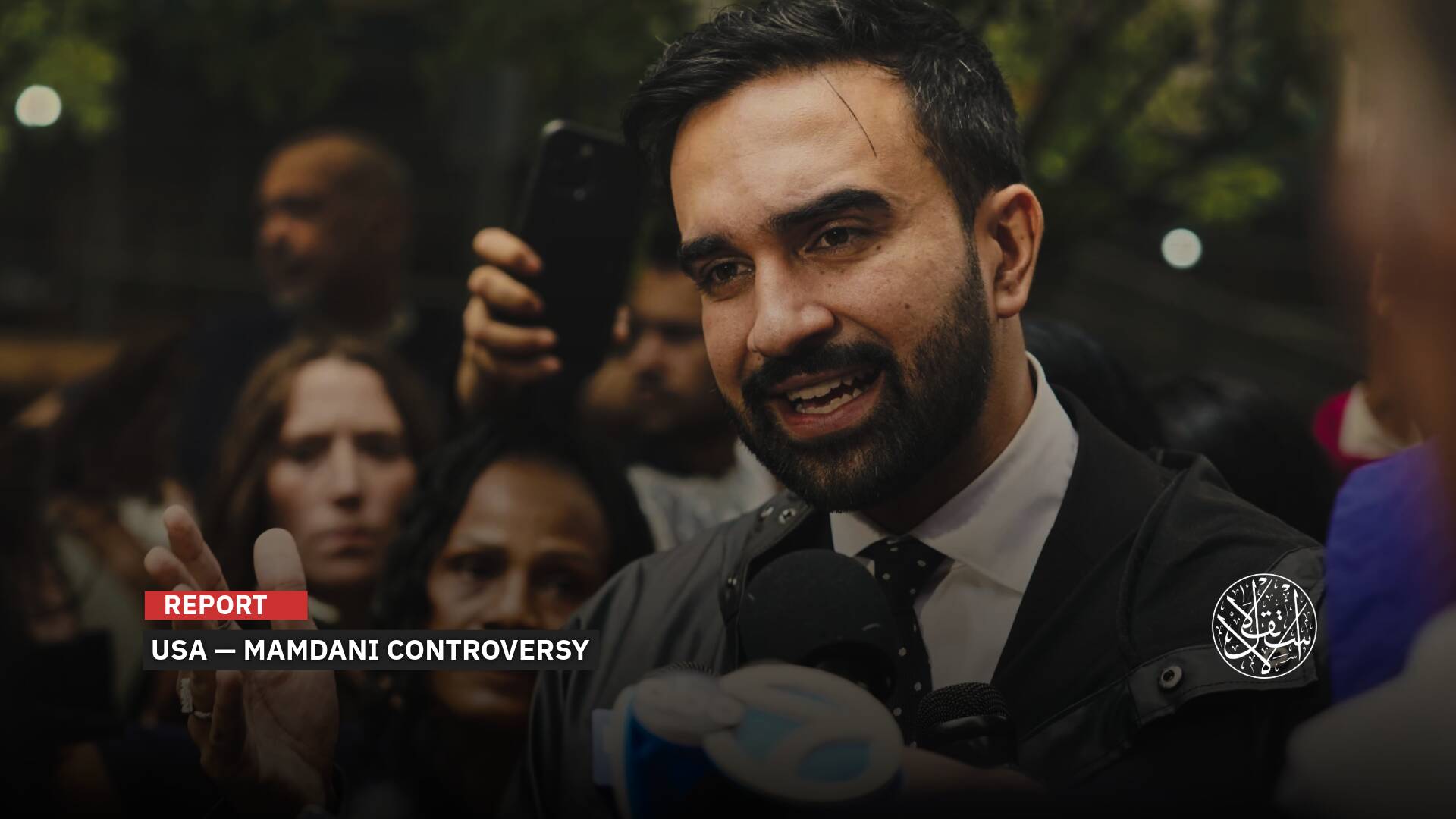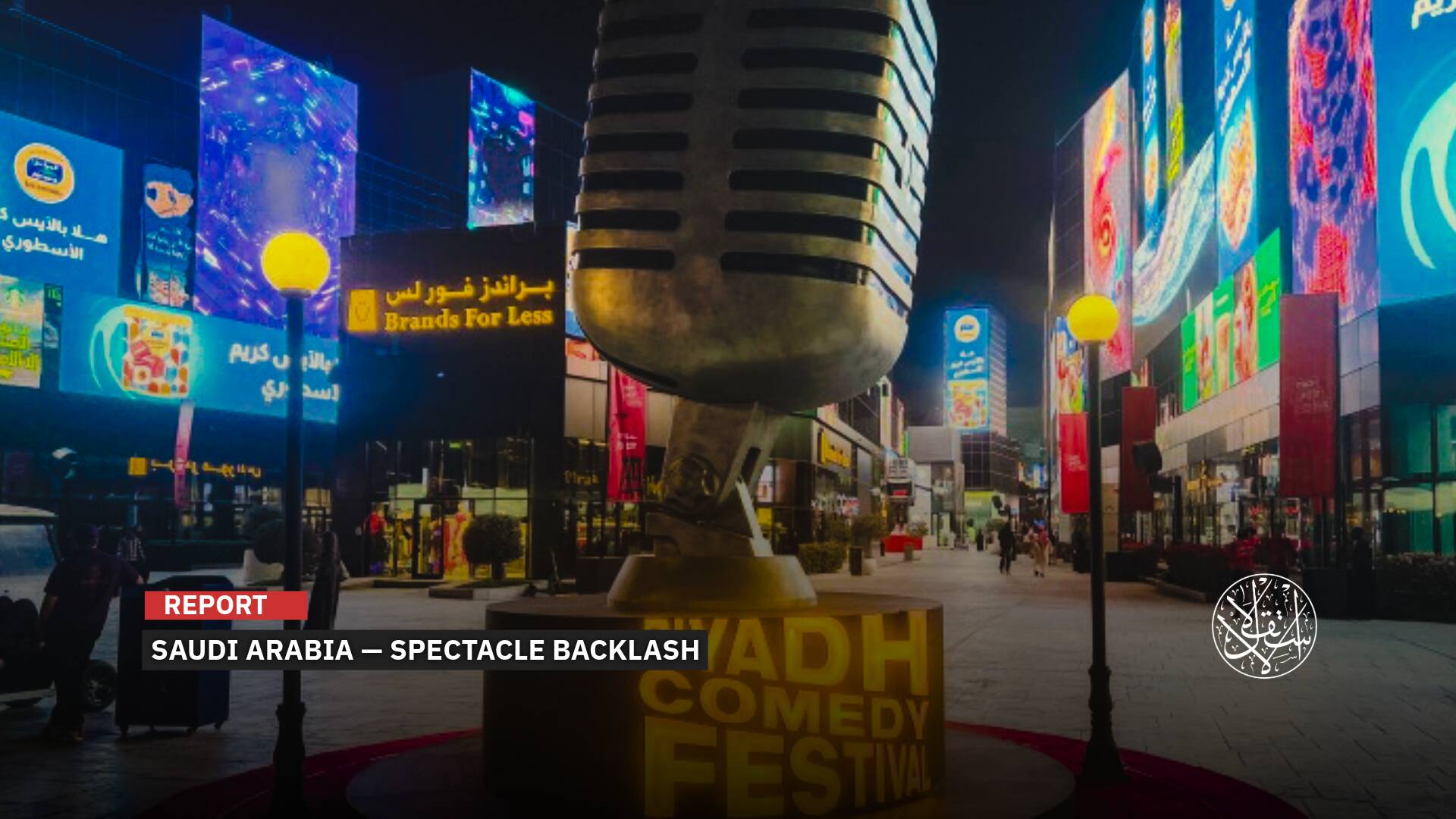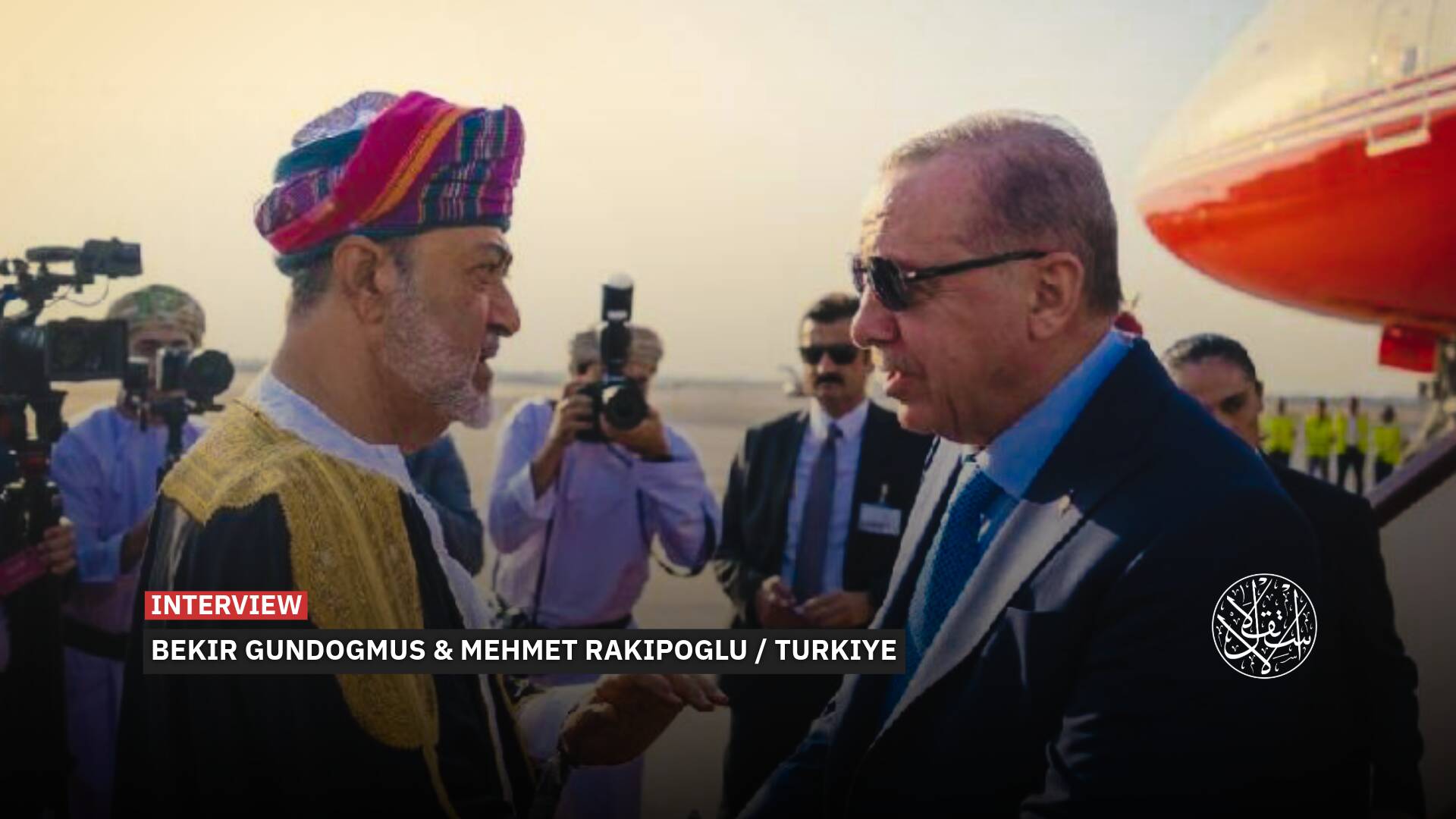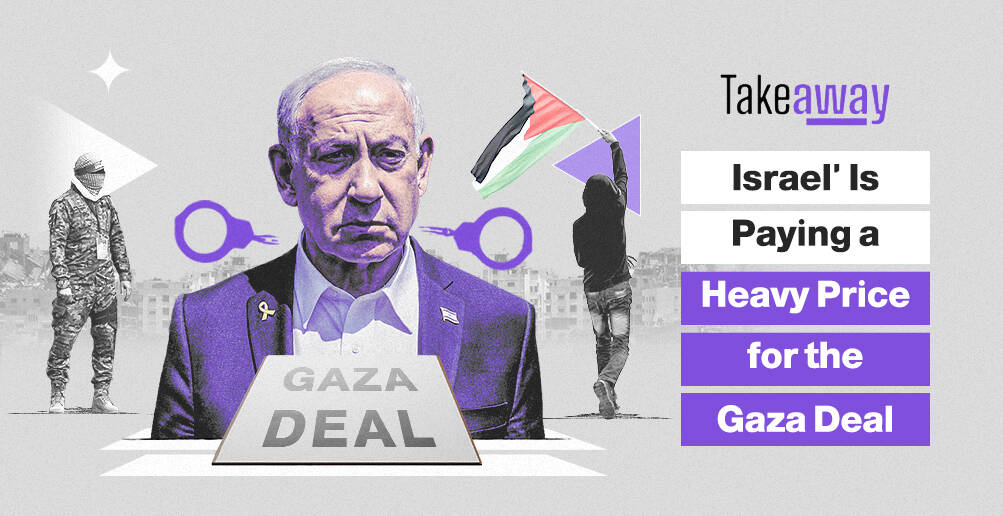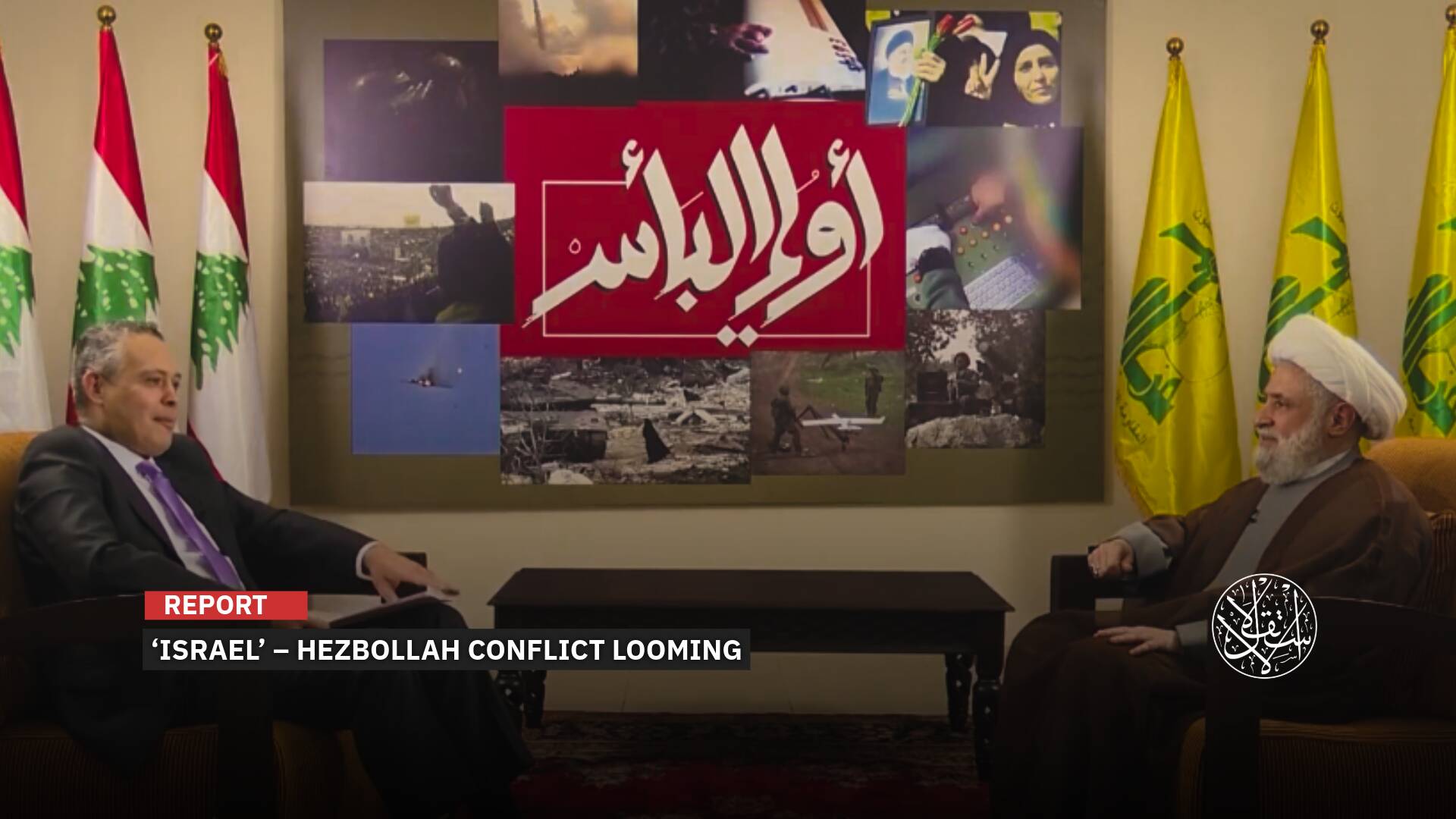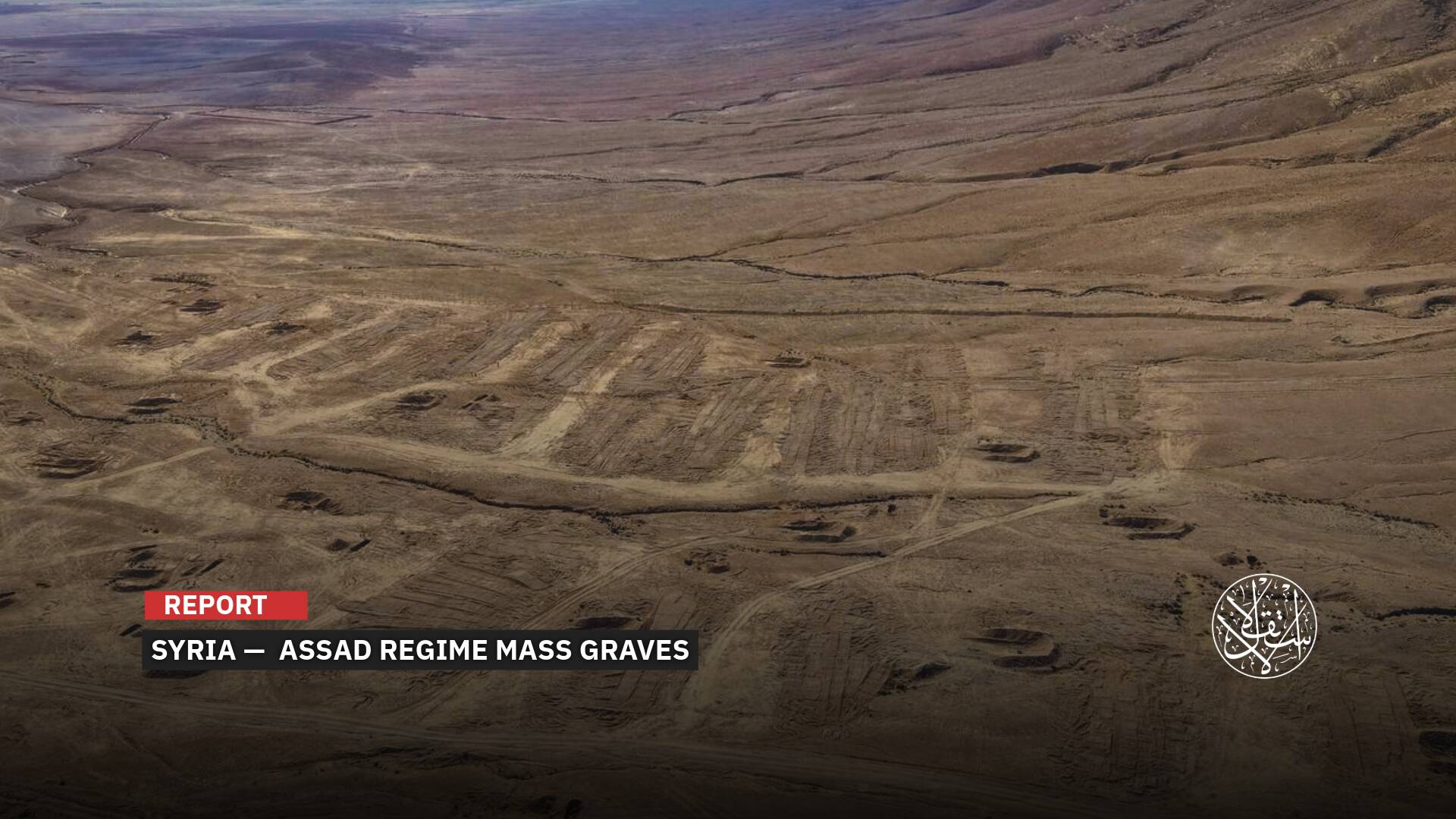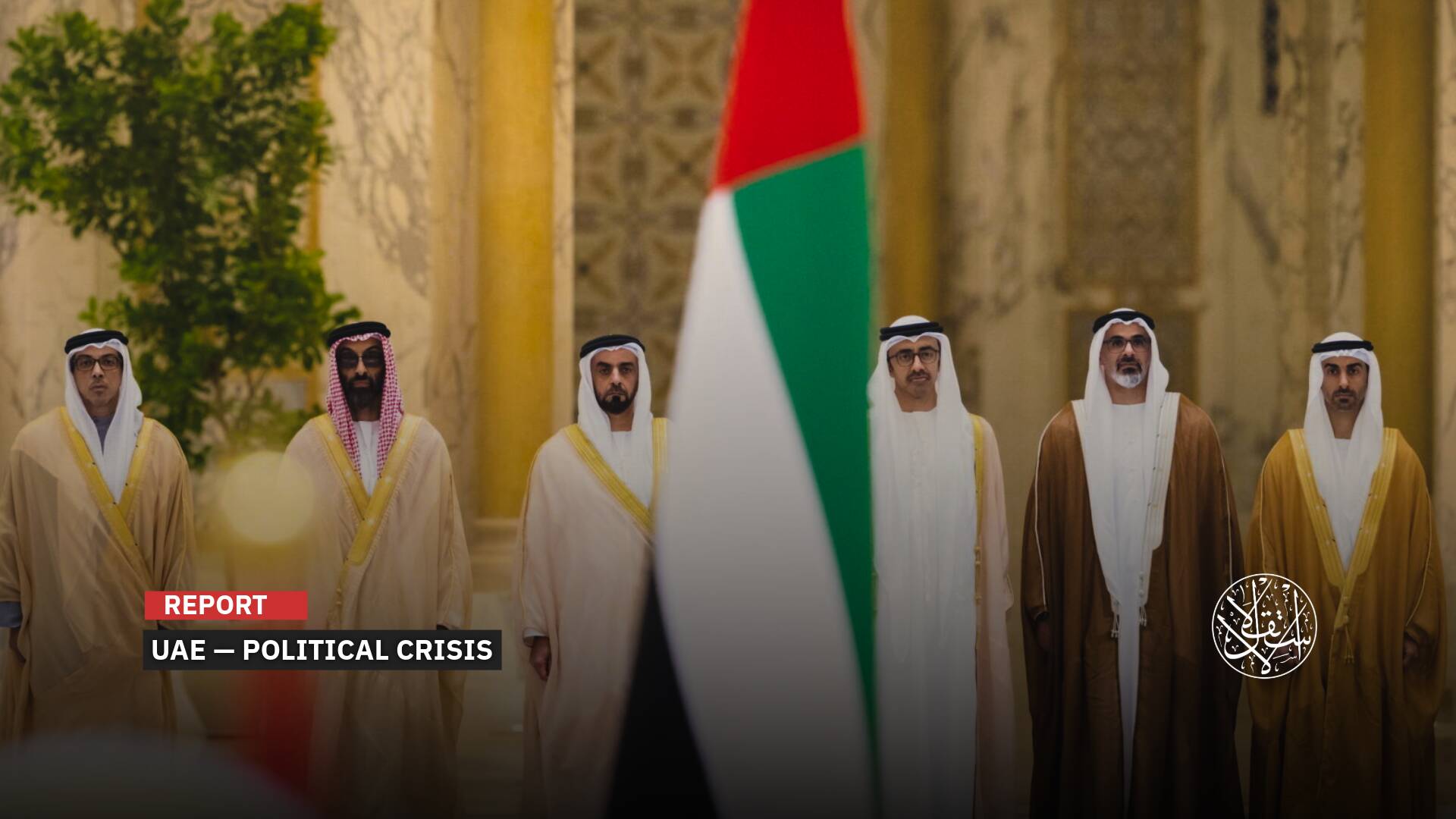World Cup 2030 in Morocco: Britain's Strategy to Secure a Slice of the Pie

“Britain, like any European country, is ultimately focused on its own interests.”
Britain is moving quickly to secure a share of the anticipated investment pie as Morocco prepares to host the 2030 World Cup, alongside Spain and Portugal.
John Humphrey, the British Trade Commissioner for Africa, announced that a delegation of 12 British companies will visit Morocco from October 15 to 17, 2024, as part of a trade mission focused on the World Cup to explore partnership opportunities.
Hosting Costs
In a tweet on X on October 11, Humphrey stated that the UK believes British and Moroccan companies have a rich history of collaboration in developing infrastructure.
He continued by highlighting that, particularly in light of the UK's expertise in sports infrastructure—including architecture, design, project management, engineering, and professional services—they have contributed to the construction of several sports venues used in various international sporting events.
It is worth noting that Moroccan King Mohammed VI informed the citizens about Morocco's co-hosting of the World Cup on October 4, 2023, as stated in a release from the royal court.
The King confirmed his country “will commit to working in full coordination with the bodies responsible for this file in the host countries.”
Immediately following the announcement, an executive committee was established, composed of representatives from the government, private sector, and sports, to prioritize tasks and meet the requirements set by FIFA, which mandates that 14 ready stadiums must be available across the three host countries for the 2030 World Cup finals.
In this context, Sogecapital, a subsidiary of Societe Generale’s Moroccan banking group, carried out a study on the expenses associated with hosting the 2030 World Cup in Morocco, in collaboration with Spain and Portugal.
The company projected that the total cost would range between $15 billion and $20 billion for the three countries' economies.
Morocco's share of this substantial organizational budget is approximately 52 billion dirhams (about $5 billion).
This amount includes $1.6 billion for building and renovating stadiums, $786 million for training centers, $1.6 billion for transportation and infrastructure, and around $982 million for training and general organizational costs.

Gateway to Entry
Economic expert Omar Kettani believes “the efforts of Britain and other major European countries to invest in projects related to the World Cup extend beyond Morocco, aiming to make it a bridge for them and their companies to other African nations.”
“Britain and similar countries want Morocco to be their gateway to Africa, especially after their image and presence in the region have suffered in recent times,” Kettani told Al-Estiklal.
“It is beneficial for Morocco to establish trade relations with Britain and other countries, but it is also important to remember that Britain, like any European country, is ultimately focused on its own interests. Therefore, dealings with them should be based on this point.”
“Cooperation between these countries and Morocco should remain limited to economic, trade, and scientific frameworks, rather than political ones. This means avoiding forming a bloc or a common approach for investment in Africa, as this ultimately benefits Western countries,” the expert added.
“Western nations are working diligently to impose their economic and cultural model on the world, which requires us to engage with them intelligently—ensuring our interests are safeguarded while not compromising our identity and cultural components.”
In light of this economic interest in Morocco, the British ambassador in Rabat, Simon Martin, affirmed that the British and Moroccan expertise can mutually benefit each other.
He told Hespress English that “the 12 UK companies bring a wealth of expertise to share, given their history of organizing major sports events in the UK.”
“We plan to have a further mission of companies involved in the rail sector next month because we know with great certainty that there will be a major development of both the high-speed and local rail networks linked to the World Cup.”
“In recent decades, the UK and Morocco have not fully taken advantage of the partnership opportunities available,” Martin added.
British Interest
In this context, with Morocco potentially hosting the African Cup of Nations in 2025, in addition to participating in the 2030 World Cup, the four countries in the United Kingdom, alongside Ireland, are also set to host the 2028 European Championship.
The British Ambassador highlighted the significant increase in interest from British companies, British-based firms, and British investment funds in investing across various sectors, including education, health, and mining, with aspirations to further expand into infrastructure.
These sporting events present a significant opportunity for substantial economic activity and an increase in British investments in Morocco, according to Martin.
The London government is currently considering investing no less than £5 billion (about $6.5 billion) to support this initiative.
“While the UK may not have been as big a partner in Morocco as expected, and the same can be said for Morocco in the UK, both sides are now determined to put that right, this shift presents almost unlimited potential in the relationship,” he added.
The British Ambassador highlighted several projects that have been implemented in Morocco, such as the Grand Theater in Rabat, adding that British companies are currently involved in designing a new stadium in the capital. Another British firm has won the contract to design the Hassan II Stadium in Casablanca, which the world eagerly anticipates opening.
British interest in investing in Morocco, especially as it prepares to host the World Cup 2030 and amid its announced major projects, appears strong. The British Ministry of Trade has issued a guide for companies to introduce them to the key investment trends in Morocco, focusing on four main sectors: transportation, water, health, and clean energy.
According to the Moroccan news website The Voice, on October 15, 2024, the ministry expects that the value of investments planned in the transportation sector will exceed $47 billion by 2040. This includes $9.6 billion for the construction and modernization of roads by 2035 and $37 billion for railway development by 2040, in addition to developing airports with an investment of nearly $700 million by 2030.
Regarding the water sector, the British report indicated that investments allocated to this area will reach $40 billion by around 2050. This aims to alleviate the water stress that Morocco is currently experiencing, including a short-term plan to provide drinking water and irrigation by 2027.
The report also pointed out investment opportunities in the health sector, driven by several governmental structural reforms that will lead to the establishment of new hospitals and the expansion of existing ones. It emphasized that total investment in this sector will involve spending a total of $2 billion to build new hospitals and university hospitals, alongside $220 million for rehabilitating several hospitals.
It highlighted clean energy projects as a significant opportunity for British companies, especially given Morocco's ambition to achieve 52% renewable energy by 2030. The plan includes building over 6 gigawatts of capacity by 2027, which would increase investments in this sector to between $6 and $8 billion.
Economic Stakes
In this context, Tom Hill, consul general of the British consulate general, Casablanca, confirmed that British companies are interested in developing the rail transport sector in Morocco as part of the preparations for the 2030 World Cup.
During an October 17, 2024, celebration at the British Embassy in Rabat, held alongside a business mission involving 12 British companies, Hill told the press that British companies find Morocco’s sports infrastructure highly appealing as the country prepares for the 2030 World Cup.
The British diplomat, who also serves as Director of the UK Government’s Trade and Business Sector in Morocco, explained that discussions had taken place with Morocco’s National Railway Company on this matter, revealing the country’s substantial ambitions for station infrastructure and noting the UK’s strong interest in investing in this area.
Hill believes that the future of relations between Moroccan and British contractors is promising, especially since British companies are participating in World Cup projects, such as Populous, which won the contract to design the Hassan II Stadium in Casablanca, and Zaha Hadid Architects, which completed the design for the Grand Theater in Rabat.
The British diplomat said Morocco has outstanding contractors, while Britain boasts world-class designers.
Turning these designs into reality and working alongside Moroccan contractors was highly exciting; sports and transport infrastructure, as well as healthcare facility projects, were key areas of focus. The British had observed notable growth in Morocco’s healthcare sector, according to Hill.
Economic expert Omar Kettani warned that “the direct return for Morocco regarding the World Cup will be in sports infrastructure; however, the losses will come afterward.”
“Moroccan families do not have the economic means to regularly attend the newly constructed stadiums, which will directly affect the revenue of these venues and their maintenance needs.”
“The stadiums being prepared will host between 70,000 and 90,000 spectators, but this number is expected to drop to about 10,000 after the tournament, leading to a financial imbalance for these facilities,” he told Al-Estiklal.
Kettani also noted that “engaging the Moroccan public with World Cup projects will not yield a genuine economic return for the country’s economy, except for symbolic benefits or entertainment value.”
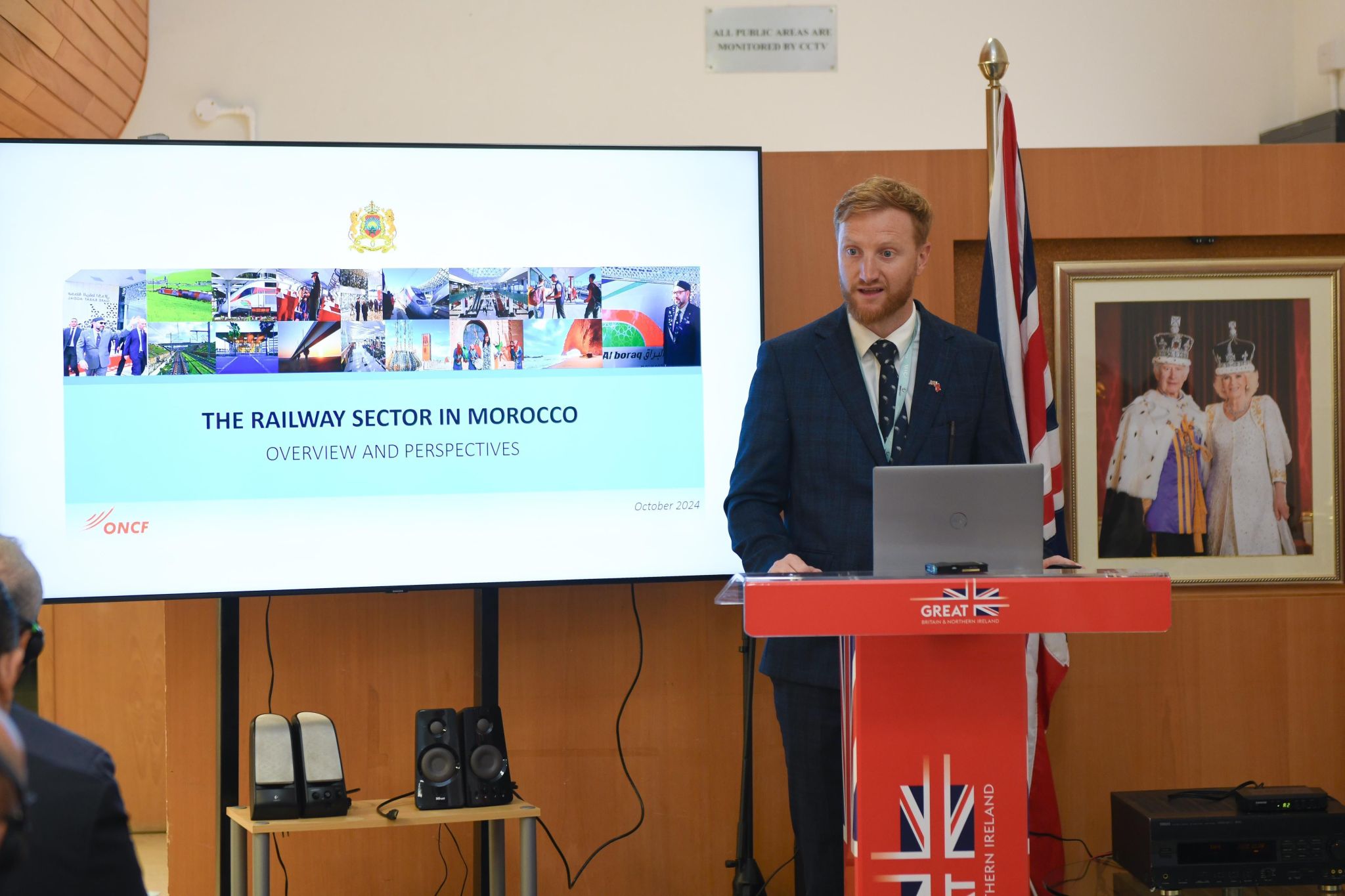
According to the expert, “Moroccan society requires an economic, social, and cultural revival to support millions of marginalized youth, many of whom remain unintegrated economically or socially. This calls for substantial efforts to engage them meaningfully, rather than diverting their focus toward World Cup events in the coming years.”
He further pointed out that, according to statistics, Morocco is projected to gain $1.5 billion from the World Cup, while it will incur $4.5 billion in preparation and construction costs, representing a direct financial loss for the state budget.
In contrast, Kettani urged a focus on building local sports facilities, highlighting their role in steering Moroccan youth away from drugs and delinquency, as well as promoting their health. He argued that large stadiums only serve a marketing image.
“Progress comes from industry, scientific research, and adequate social support, not from the notion that advancement can be achieved through football, as this will never be realized,” the expert concluded.


